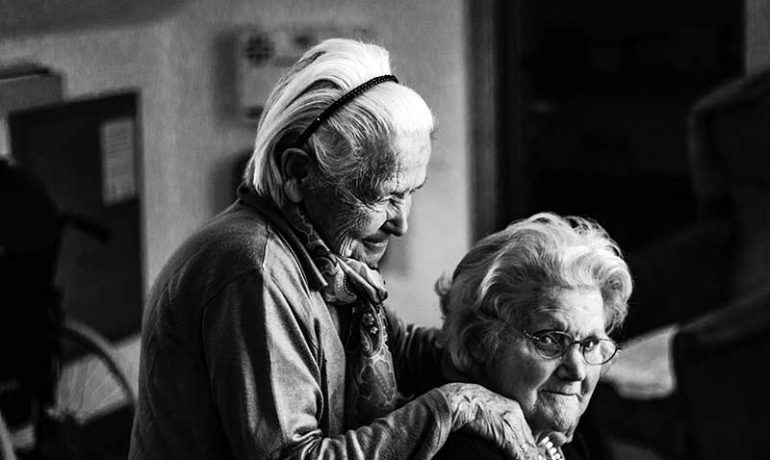Do you ever feel hopeless, helpless, and find it hard to get through the day? If you do, you could be depressed. Depression symptoms could affect various aspects of your life and hold an adverse impact on your sleep, interests, energy, and appetite, to mention a few. As a recent study shows, over 6 million American older adults suffer from depression. With such statistics, it is clear that elderly depression is significant public health that shouldn’t be ignored.
Elderly depression symptoms and care might, however, not be that straightforward. For starters, due to the stigma associated with mental wellness, older adults avoid talking about their emotional state. What’s more, as they age, it is common to assume that their anxiety, stress, and physical pain are a standard part of aging. As they are also more isolated, elderly depression can go unnoticed while the loneliness only makes it worse.
Understanding the symptoms
While it might not be easy to spot anxiety disorders symptoms in older adults, certain tells can guide your judgment. Among the primary concerns to look out for include;
Social withdrawal
As we age, we become susceptible to various risks. For instance, you could suffer an injury that requires you to use a walker or wheelchair.
Moreover, with conditions such as impaired hearing, an older adult could find it hard while in social gatherings. This could be stressing, and without enough support, lead to isolation and depression as they fear being judged for their situations. If you notice that your loved one is no longer comfortable around people or withdraws from social engagements, it is a symptom that they are depressed.
Highly irritable and low self-worth
Does your elderly loved one seem a little cranky? Well, if you notice that their moods suddenly change and that they are easily irritated by small concerns. Older adults could also feel like a burden, and as they flounder over such matters, lose their self-worth, and start behaviors such as skipping baths or an unhealthy lifestyle. These are apparent symptoms that their mental state is not at its best, a vivid show of depression.
Other symptoms to look out for include;
- Memory problems
- Aggravated aches and pain
- Fixation on worrying thoughts such as suicide
- Sleep disturbance
- Increased alcohol and drug use
- Slow speech and movements
Elderly depression care
Negating elderly depression symptoms can be quite dangerous. As you might be overwhelmed by your responsibilities, such as taking care of your family, hiring an assistant nurse could be all you need. You could also consider ADHC Center to ensure that your loved one is in good hands. Elderly depression care could follow varying approaches. Among the most common methods are;
Medication
Antidepressants and other medicines are known to alleviate depression symptoms. While they might pose some side effects, with a knowledgeable nurse assistant, the older adult can receive the right dosage and take depression to a manageable level.
Therapy
Combination psychotherapy and physical exercise is an ideal approach to taking care of elderly depressed individuals. Therapy sessions could help a depressed older adult open up about their concerns while physical activities allow them to stay active. This will enable you to understand their worries better and offer much-needed support. Moreover, with a therapist’s help, they can remain active as they can better navigate the changes that could be leading to depression.
Electroconvulsive therapy (ECT)
ECT is ideal while dealing with extreme depression cases. The procedure involves the use of electrical shocks that trigger seizures leading to the release of certain neurotransmitters in the brain, consequently providing a short-term improvement. The approach is especially useful where therapy and medication fail to deliver desirable results.
Depression can cause significant suffering. As you strive to take care of your older adults, ADHC Center or nurse assistant services could be all the help you need.

